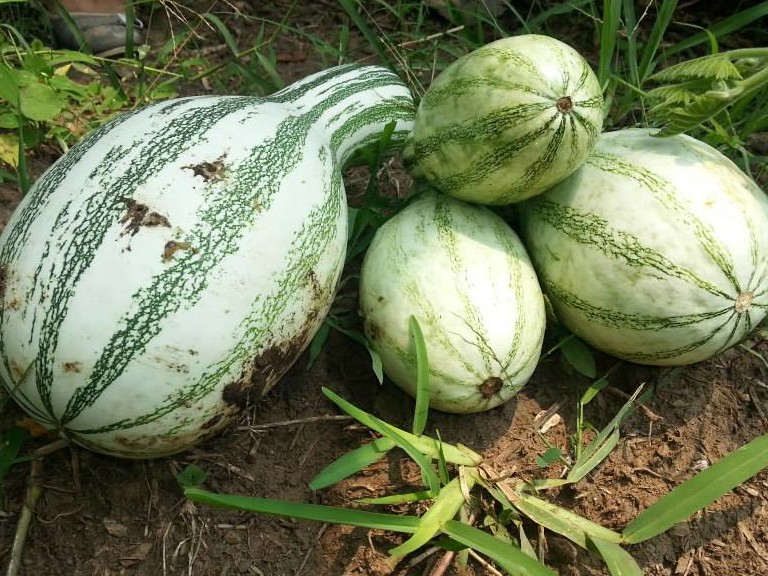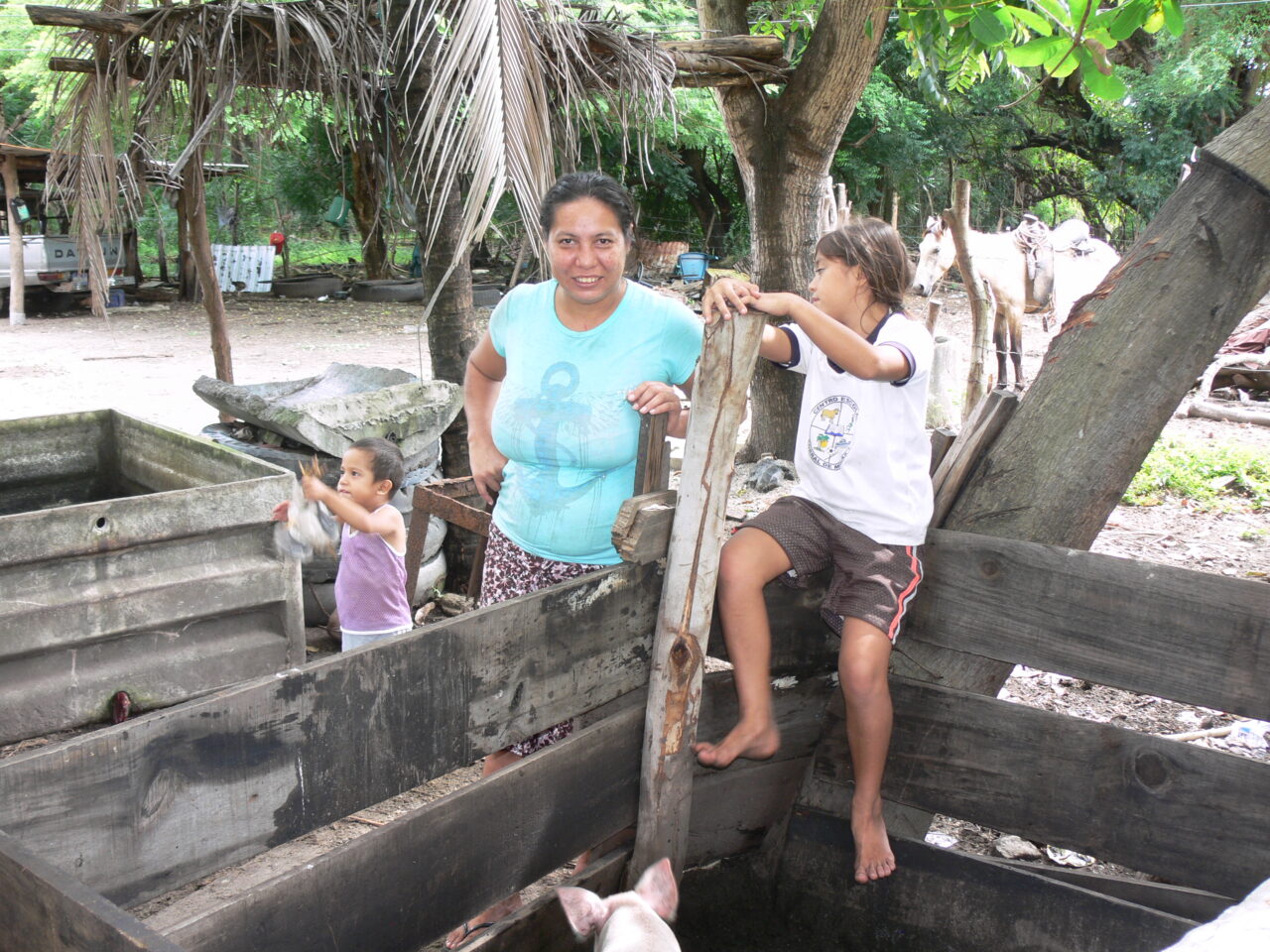 Seed storage for families in Barra Ciega
Seed storage for families in Barra Ciega
Barra Ciega community project training in manufacturing metal silos
Barra Ciega is a community located in the rural area of the Sonsonate district of El Salvador where the Barra Ciega farmhouse is located. It is part of the Tonalá canton and is characterized for being a coastal town. Among its attractions is Playa Barra Ciega, a natural paradise still unexploited by tourists. It is actually a farm transformed into an agricultural cooperative. The tiny town is inhabited by the members of that cooperative and its settlers, who grow corn, sugar cane, plantain, papaya, etc. In Barra Ciega there are just over 2,500 inhabitants. A second income-generating activity for the members of this community is artisanal fishing to provide food for their families and improve their income.
Necessity
Metal silos for smallholder farmers in Barra Ciega
Activity
Installing metal silos for smallholder farmers so they can store their local and traditional seeds
Countable effort
Number of training sessions and silos provided to smallholder farmers
Result
With this project, it is expected that an additional 50 smallholder farmers will be empowered and increase their food security.
Systemic effect
The training provided to farmers will include organic compost, agroecological practices that will also address preservation of biodiversity.
Background
This project addresses food insecurity challenges that are more frequent and intense due to crop losses, the climate crisis, increasing soil infertility and natural disasters. Moreover, hurricanes, floods and drought are causing livelihoods to deteriorate. In addition, fewer farmers are able to access land because of more generalized poverty, while some multinationals continue their land-grabbing. According to the 2022 Global Report on Food Crises, 0.98M people were in crisis or worse (IPC Phase 3 or above) in March–May 2021 which represents 15% of the population. Gang violence with narco-trafficking pushes even more Salvadoreans to flee. Migration continues to mount as fear and femicides increase. The climate crisis with weather extremes, especially in this area of the Dry Corridor, has resulted in 985 000 experiencing food insecurity from November 2020–February 2021 to March–May 2021, (a rise from 684 000), with 121 000 people in Emergency (IPC Phase 4), due to effects of the pandemic and insecurity. Hence, this initiative which seeks to empower economically young farmers, especially women and girls, by providing them with personal silos, so they can store their local seeds for consumption and income generation; while contributing to increased biodiversity, soil regeneration and preservation of local patrimonial seeds.
The good deed
With this GOOD DEED 50 farmers will be empowered and will acquire the knowledge in the manufacturing of metallic silos. Moreover, some silos will be given to a few participants, so they can increase their food security. It will also allow them to considerably reduce the loss of grains, enjoy greater food security and improve the diet and economy of your family. Indeed, the approach of metal silos is to ensure that any farmer who has one on his/her farm can have corn or beans for food all year round, and is free to decide when to bring his/her surplus crop to market, as well as a better pest management and control when storing the crop produced. Finally, the use of the metallic cycle will help to preserve the grain (corn, beans, sorghum) for a maximum of 4 years for its consumption or commercialization, which will represent safe food for the family in addition to controlling the pests that damage the grain, as one of the main mice and insects.

About El Salvador
San Salvador is the capital of El Salvador. Our GOOD DEED takes place in the Barra Ciega community in the southwest of the country.
Population of El Salvador
6,314 million (2021)
GDP per capita El Salvador
5.667 CA$ (2022)
HDI El Salvador 0.68
placed 124th
out of 189
The first people to live in El Salvador where the Mayans. Mayan ruins can be found in the country and various dishes are derived from the traditional Mayan cuisine.
About the organization and further information

World Accord
Website
Further information and source
- • Bokusheva, R.; Finger, R.; Fischler M; Berlin, R; Marín, Y.; Pérez F. & and F. Paiz (2012) Factors determining the adoption and impact of a postharvest storage technology. Food Security Volume 4, Number 2 (2012), 279-293, DOI: 10.1007/s12571-012-0184-1
- • Héctor Morales-Muñoz, ORCID, Srijna Jha, Michelle Bonatti, Henryk Alff, Sabine Kurtenbach and Stefan Sieber, 2020, Exploring Connections—Environmental Change, Food Security and Violence as Drivers of Migration—A Critical Review of Research
- • Betsy Teutsch, author and Lisa Kitinoja, technical editor, 2017, 100 Under $100 Tools for Reducing Postharvest Losses,
- • Global Report on Food Crises, GRFC 2022, Food Security Information Network (FSIN)




